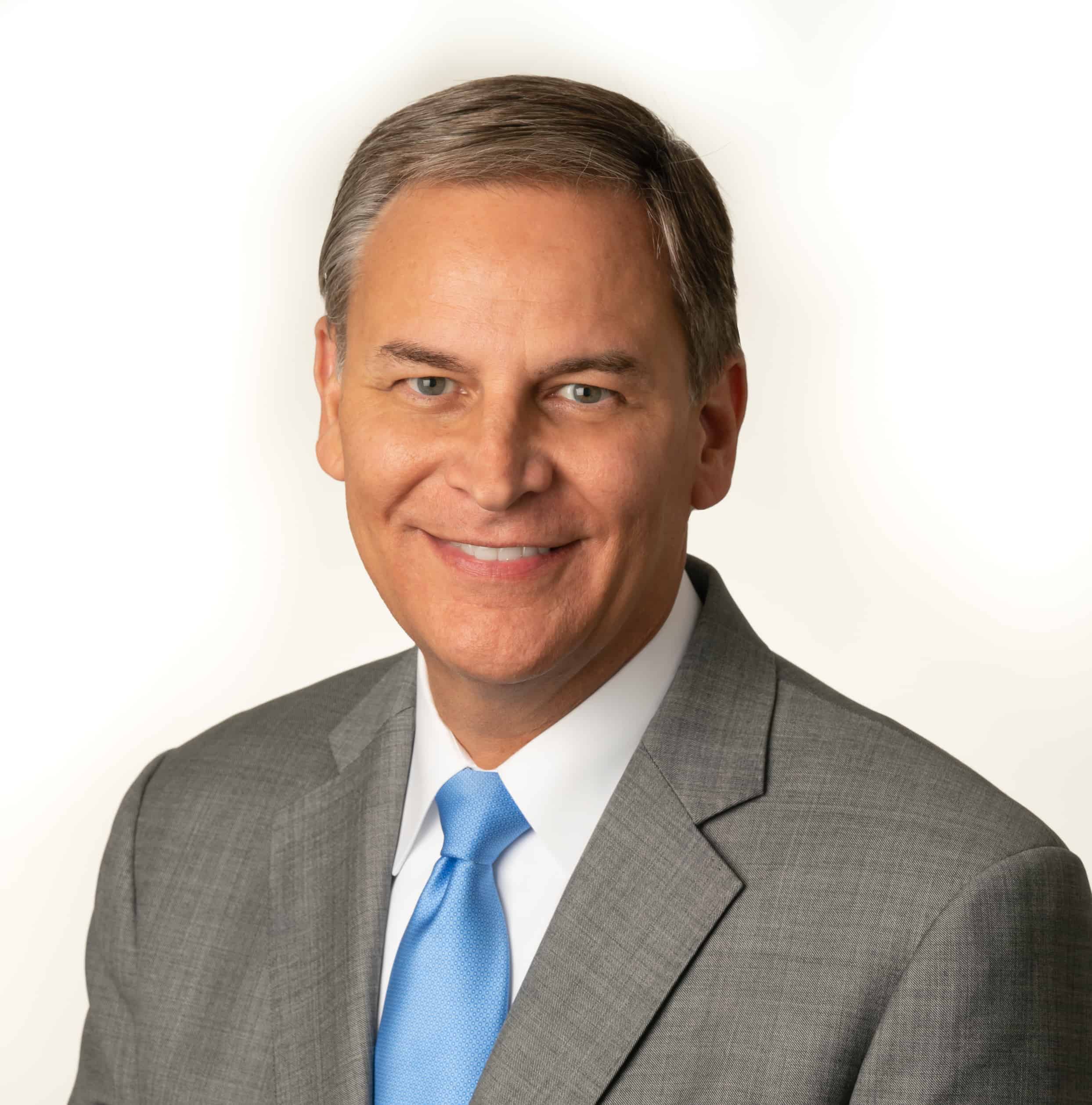Issues include labor shortage, infrastructure, tax increases and vaccine mandates
By Terry Troy
While most of us were getting ready for the upcoming holiday at the end of last month, Jay Timmons, president and CEO of the National Association of Manufacturers (NAM), took to CNBC to talk about the important issues facing manufacturers not only in Ohio, but across the nation.
Heading up an organization representing small and large manufacturers in every industrial sector in all 50 states, the NAM represents an industrial sector that employs more than 12.4 million men and women, contributes $2.44 trillion to the U.S. economy annually, has the largest economic multiplier of any major business sector and accounts for 58% of private sector research and development.
From our ICYMI (in case you missed it) Department, here is what Timmons had to say about the labor shortage, infrastructure, tax increases and vaccines.
On the Labor Shortage:
“Let’s be upfront about it. We have a very severe worker shortage in our country right now,” said Timmons. “It’s why the NAM has been so focused on our Creators Wanted Campaign to attract that next generation of manufacturing workers, and we are in competition now all across every sector for workers.
“So, if you think about supply chain shortages, why is that happening? Part of it certainly is the pandemic and the ability for trade to move freely, but you also have issues of not enough people at factories producing the component parts that go into finished products. What does that lead to? That leads to higher prices. So, it’s a supply and demand issue. Jim Cramer earlier today talked about a focus on getting this worker shortage under control. He mentioned, for instance, one possibility of helping to deal with this is immigration reform and that he thinks that there is a potential bipartisan solution to that. I believe there is as well. We have been pushing that through our program called A Way Forward at the NAM for a number of years. We think that’s one thing that will help get the economy back and deal with some of these issues.”
On Separating Infrastructure Investment from Budget Resolution:
“I think it was an extraordinary achievement by the Senate, a bipartisan achievement by Republicans and Democrats to get that bill across the line. We said at the NAM from the start that we would see probably about $1.2 trillion without punishing and archaic tax increases that would take us back to a time when we weren’t able to invest and hire and grow wages like we have for the last three years…We think that this bipartisan solution needs to get across the finish line. This is a very big priority not only for the president, but also for the American people. We know that can get done.
“…the reconciliation package that may be being developed…we have some serious concerns. We will certainly oppose any of the archaic tax increases that have been discussed. We are hearing somewhere between $1.8 and $3.5 trillion on job creators in
America. That would take us to where we were before the 2017 tax reforms, where, afterwards, as I said, we were able to have record investment, record job creation, record wage growth. Why would we ever want to undo that? We are watching that very closely. We will oppose the bill with any of those factors in there. We will oppose the pharmaceutical issues that are in those bills that will stop us from being able to deal with the next pandemic. And we are going to oppose the labor provisions that would drive a wedge between management and our workers. There are a lot of things in that bill we don’t like. But infrastructure, BIF as it’s called in Washington speak, needs to get across the line right away. It’s an accomplishment we can all be proud of.”
On the NAM’s Vaccine Mandates:
“I am so proud of the NAM team…We had a…94% vaccine acceptance rate before we imposed the mandate, and since then…we have achieved 100%. And I am thrilled because our team cares about not only themselves and their families, but also the people that we interact with every day—our 14,000 member manufacturers across the country. It’s the responsible thing to do, and I am happy that team NAM came through.
“What I hear from every single CEO that we represent is that their number-one concern is their employees, the health of their employees, the health of their employees’ families and their communities…It’s become political at times, but it doesn’t need to be. The last administration through Operation Warp Speed helped develop a vaccine in just record time with all the safety protocols in place. This administration is executing the vaccinations across the country. It’s a bipartisan effort, a nonpartisan effort, I would say, to make sure that our communities are safe, that our country is safe and the world can return to normal. It’s the only way it’s going to happen—we know that.”


